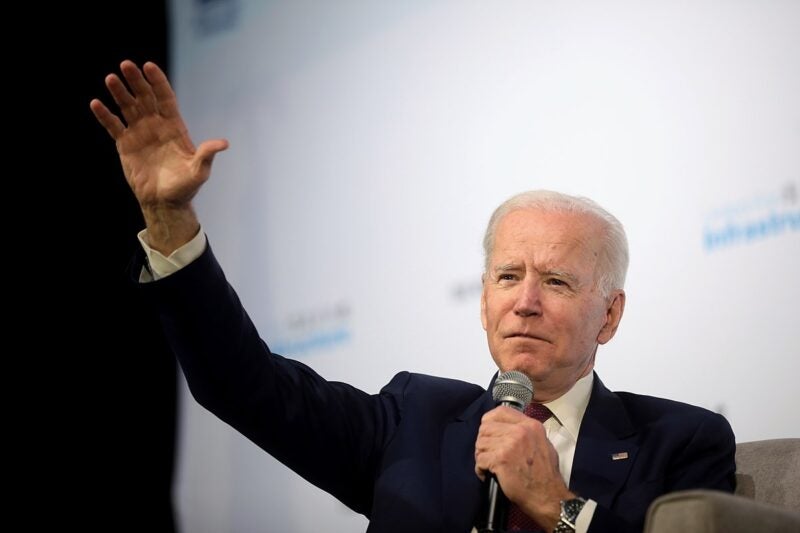
The US government has announced a funding of $9.5bn for the hydrogen industry, as part of the broader $1.2 trillion Bipartisan Infrastructure bill, the Infrastructure Investment and Jobs Act signed by President Joe Biden.
The new legislation features a suite of hydrogen-specific provisions aimed at fuelling large-scale deployment and investment for the hydrogen industry in the country.
The Bipartisan Infrastructure bill includes $8bn funding for the development of various large-scale regional clean hydrogen hubs. The US Department of Energy (DOE) said that the funding will turbo-charge the country’s progress towards heavy trucking and industrial sectors that operate without producing carbon emissions.
For research and development (R&D) in clean hydrogen electrolysis, the US government is offering $1bn in funding. The remaining $500m will be allocated towards the manufacturing and recycling of hydrogen.
Additionally, the bill asks the federal government to develop the first ever national hydrogen roadmap and strategy for the country.
Fuel Cell and Hydrogen Energy Association (FCHEA) president and CEO Frank Wolak said: “This bill demonstrates the incredible potential for creating the nation’s hydrogen economy.
“FCHEA is encouraged by further discussions surrounding the Build Back Better Act which includes an array of tax and policy activities that complement this infrastructure bill and will continue to drive innovation, economic growth, and emissions reduction.”
Overall, the infrastructure deal offers over $62bn for the DOE to provide a more equitable clean energy future for the public.
The DOE stated: “The Bipartisan Infrastructure Deal will help DOE play an even more effective role in the boldest climate agenda in our nation’s history by charting the course towards reaching 100% carbon pollution-free electricity by 2035 and net-zero carbon emissions by 2050.”
The Bipartisan Infrastructure bill also provides $11bn in grants to boost the resilience of the electric infrastructure against extreme weather, cyber attacks, and other disruptive events.
Among the notable inclusions are $2.5bn to the DOE to implement the transmission facilitation programme, $3bn to expand the Smart Grid Investment Matching Grant Programme, and $6bn for the Civilian Nuclear Credit programme.



